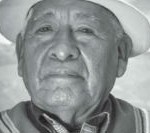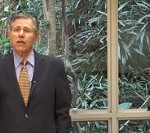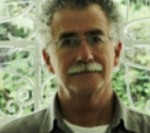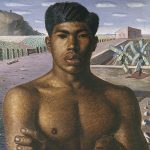December 1, 2021, World Aids Day

Action on AIDS gallery, Against the Odds; Making a Difference in Global Health, Exhibition at the National Library of Medicine, 2008-2010. Courtesy of the National Library of Medicine
In recent years there has been a resurgence of museum exhibitions on the history of HIV and AIDS. In the article Public health heritage and policy: HIV and AIDS in museums and archives, exhibition curator and historian of medicine Manon S. Parry, Professor at the VU-University, Amsterdam, calls into question some of the conventions of archiving and interpreting the history of the pandemic.
In the article, published in the dossier The meaning(s) of global public health history, Perry highlights some significant problems in the management of the material culture of the pandemic: Firstly, collections policies place limits on the kinds of objects that qualify for museum accession, and many are inadequate for addressing HIV and AIDS. Secondly, medical heritage is vulnerable if it is not considered valuable for contemporary practice. Thirdly, museums replicate the silences and erasures of the societies they document, with groups on the margins, such as intravenous drug users and sex workers, underrepresented.
Parry, Manon Sian. Public health heritage and policy: HIV and AIDS in museums and archives. História, Ciências, Saúde-Manguinhos [online]. 2020, v. 27, suppl 1.
A global player in the politics of Aids: Marcos Cueto, science editor of HCSM, and Gabriel Lopes, postdoctoral researcher at Casa de Oswaldo Cruz (Fiocruz), explore the Brazilian participation in international debates on whether antiretroviral drugs were commodities or public goods.
Faces of an Aids-free generation This UNAIDS book tells the stories of 12 African mothers living with HIV and their children born free of the virus.
Aids, politics and culture The online exhibition “Surviving and Thriving” tells the story of Aids from its first cases in the US, in the 80’s. It also shows personal stories and governmental campaigns. Available at the US National Library of Medicine website.
GOIS, João Bôsco Hora. Reabrindo a ‘caixa-preta’: rupturas e continuidades no discurso sobre Aids nos Estados Unidos (1987-98). Hist. cienc. saude-Manguinhos 2002, vol.9, n.3 , pp.515-533. Available from: <http://www.scielo.br/scielo.
KADRI, Michele Rocha and SCHWEICKARDT, Júlio César. A emergência da Aids no Amazonas. Hist. cienc. saude-Manguinhos. 2016, vol.23, n.2, pp.301-319. Available from: <http://www.scielo.br/scielo.









